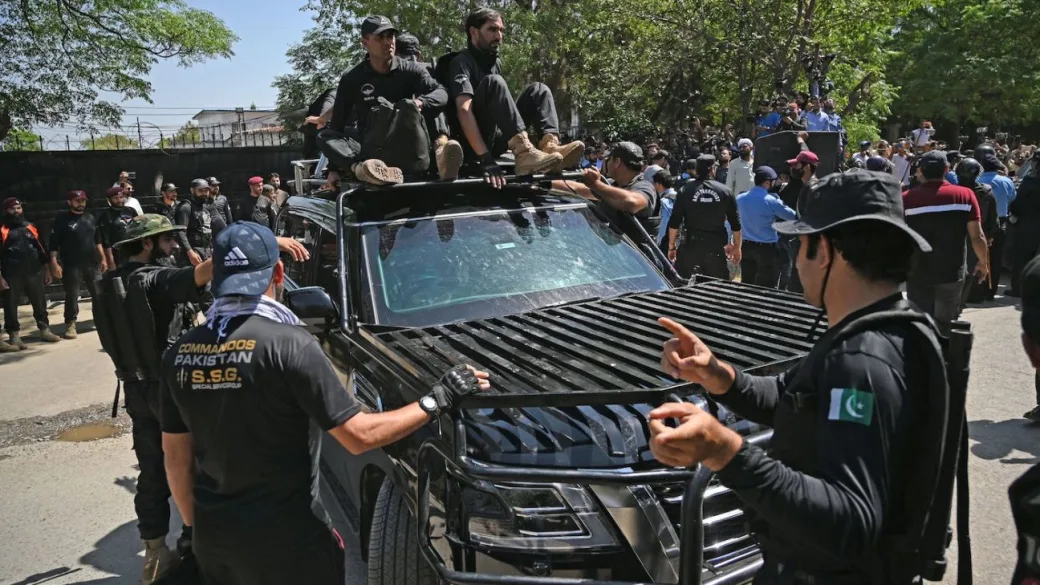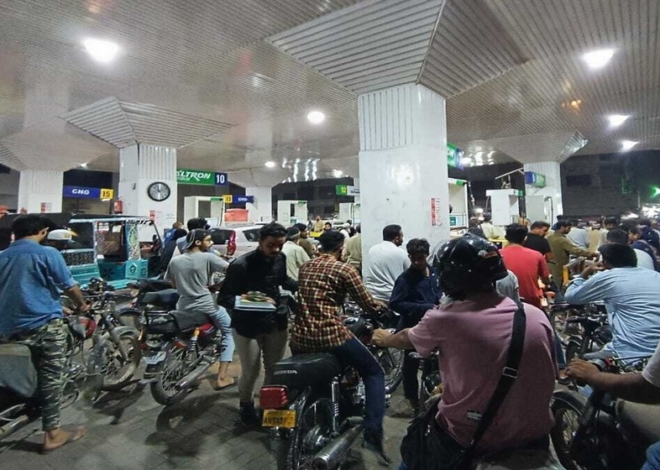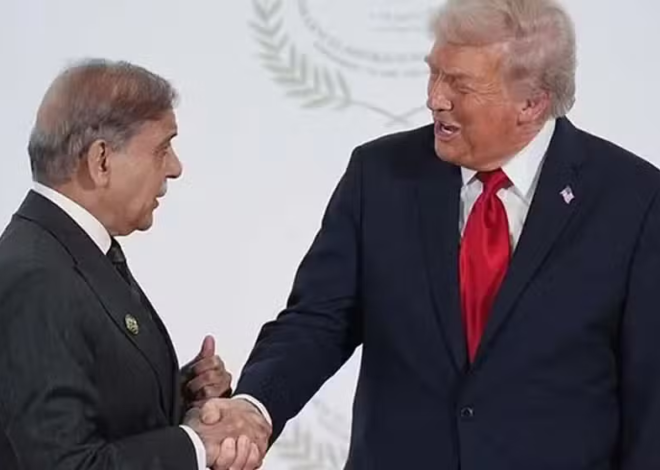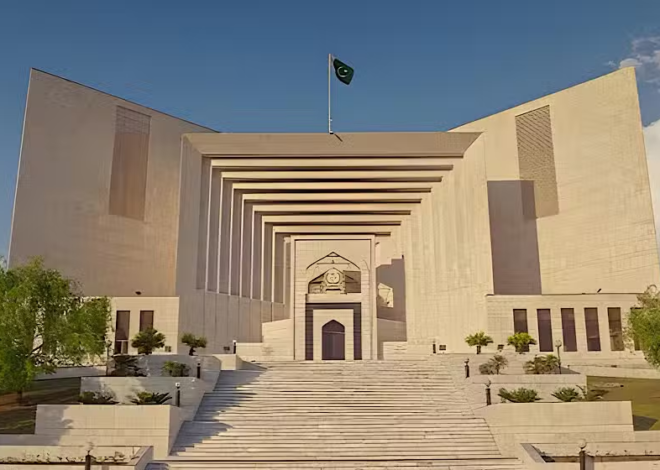
PMLN and supporters unhappy as Supreme Court orders to release Imran Khan immediately
In a significant turn of events, the Supreme Court of Pakistan has declared the arrest of Imran Khan, the former Pakistan cricketer and Prime Minister, as “unlawful” and ordered his immediate release. Chief Justice Umar Ata Bandial, presiding over the Supreme Court, deemed the warrants used for Imran’s arrest in Islamabad on Tuesday as null and void.
Following the court’s ruling, Imran will be transferred to a guesthouse at the police headquarters in Islamabad. Additionally, he has been instructed to appear before the Islamabad High Court (IHC) on Friday, where his arrest had initially been declared legal.
This decision comes swiftly after Imran’s arrest by the Pakistan Rangers, a paramilitary federal law enforcement corps. He was apprehended while presenting himself at the IHC for an unrelated case, specifically the Al Qadir University case, an institution he founded during his tenure as prime minister in 2019, and where he currently serves as chairman. The manner in which Imran was detained, with scores of paramilitary police leading him away, attracted widespread criticism both in Pakistan and abroad. Imran further alleged in the Supreme Court that the arrest had involved violence and physical abuse, claiming he had been beaten with sticks.
Previously held by the National Accountability Bureau (NAB), Imran had been ordered by the IHC to remain in physical remand for eight days. However, he swiftly appealed this decision, resulting in his release on Thursday. It is important to note that this release does not equate to an acquittal in the ongoing case. Instead, the Supreme Court found fault with the arrest procedure itself.
Following Imran’s release, his supporters congregated outside the court, expressing their joy and chanting slogans. The arrest had triggered violent protests across Pakistan, particularly in Lahore, where the Corps Commander’s House was vandalized and set ablaze. Clashes between the Pakistan military and supporters of Imran’s political party, the PTI, persisted throughout the past two days.
As a consequence, mobile internet services remain suspended across the country, and access to social media platforms has been restricted. According to conservative estimates, the death toll resulting from these protests has reached 12.
The current federal government, which assumed power in April 2022 through a vote of no confidence, has repeatedly advocated for Imran’s arrest. Multiple courts over the past year have also called for his detention. In March, two separate attempts were made to arrest him from his residence, but large numbers of supporters gathered outside his home, impeding the police’s efforts. Several polls have consistently shown Imran as the most popular politician in the country.
He has accused the government of infringing upon the democratic rights of Pakistani citizens by refusing to hold elections, stating, “They want to either arrest or disqualify me because they are scared [of the fact] that my party is one of the most popular in Pakistan’s history,” as he explained to Al Jazeera in March during the attempted arrest in Lahore. Imran himself survived an assassination attempt in November, sustaining bullet wounds to his leg while leading a protest march in Wazirabad, Punjab.








